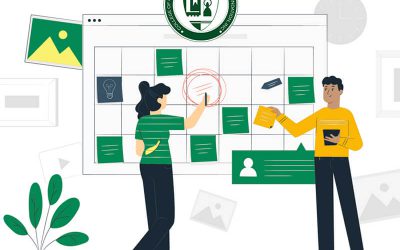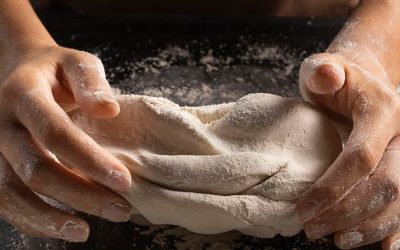Social Skills Kids in Preschool Need and Tips On How to Develop Them at Home
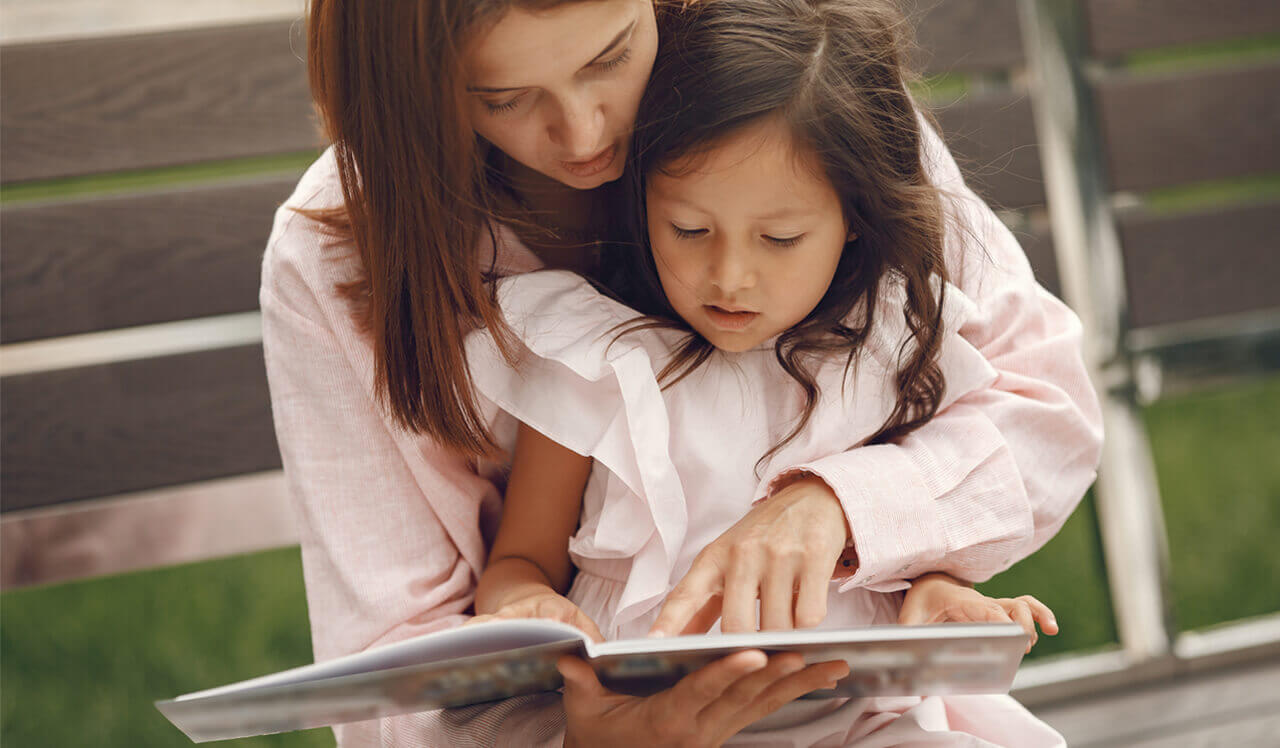

Written by COLM
Preschool programs were linked with better social and emotional skills. In these times of lockdowns, social distancing and online classes, parents worry their kids are missing out on critical social skills during the pandemic.
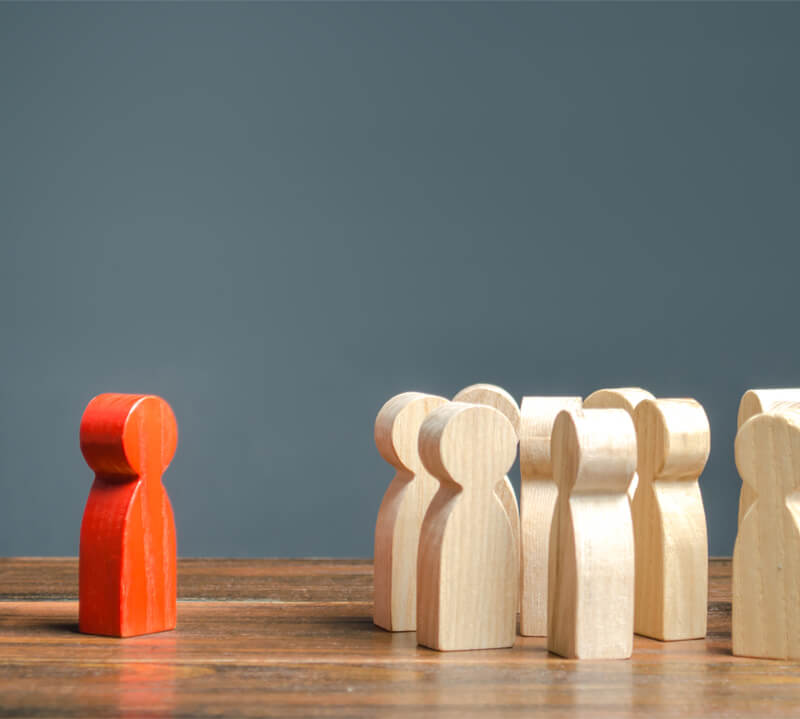
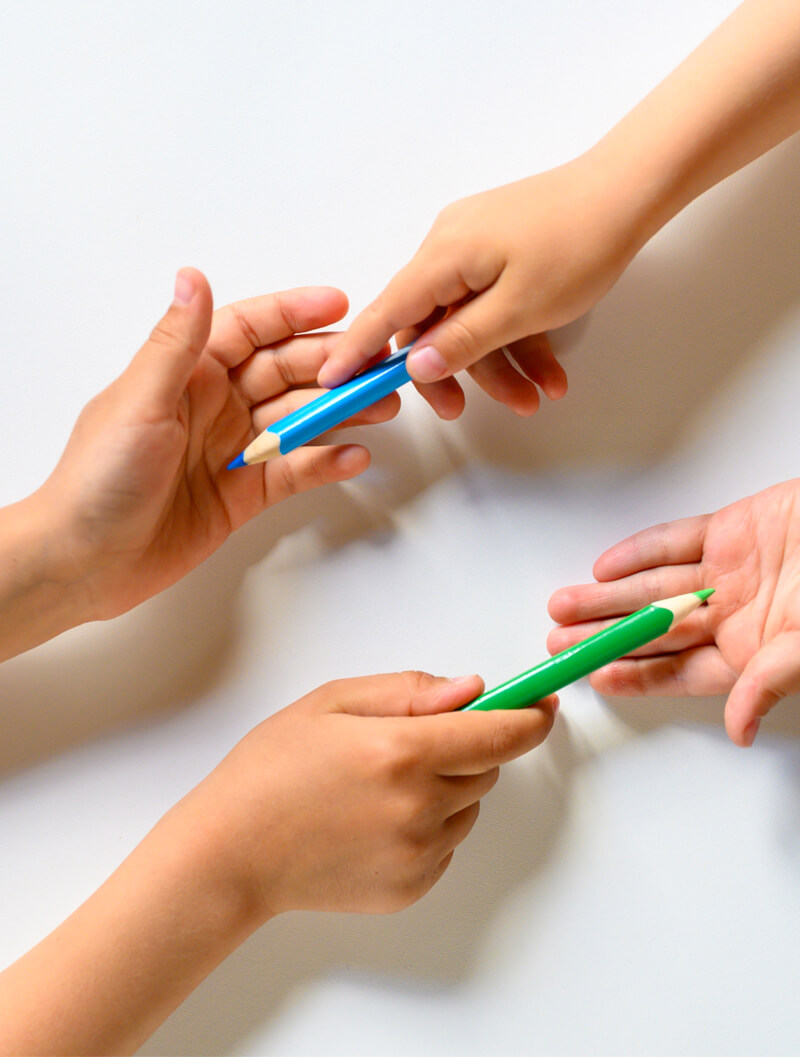

Social skills give kids a wide range of benefits. They are linked to greater success in school and better relationships with peers. Some preschool activities could be done at home to help develop such skills.
Social skills give kids a wide range of benefits. They are linked to greater success in school and better relationships with peers.
Social skills are a set of skills that need ongoing refinement as your kids get older. They aren’t something your child either has or doesn’t have. These are skills that can be learned and strengthened with effort and practice.
Preschool classrooms provide opportunities to build social skills like taking turns, waiting until others finish speaking and displaying empathy. But how do we nurture preschool social skills in remote learning setup like what is happening in our lives right now.
Children learn necessary social skills like self-control, empathy, sympathy, and cooperation by observing you. Kids can also feel more comfortable interacting if they grow up in an environment where they feel secure and cared for. You must ensure that your child learns from your actions and not just your words.
Look for teachable moments where you can help your kids do better. Below are some crucial social skills preschoolers need and tips on how to develop them at home.
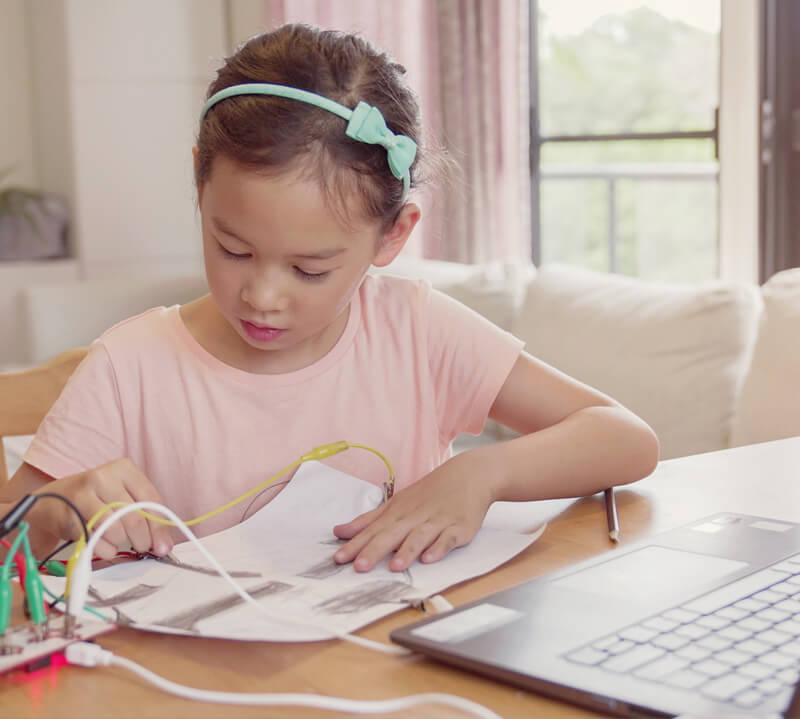
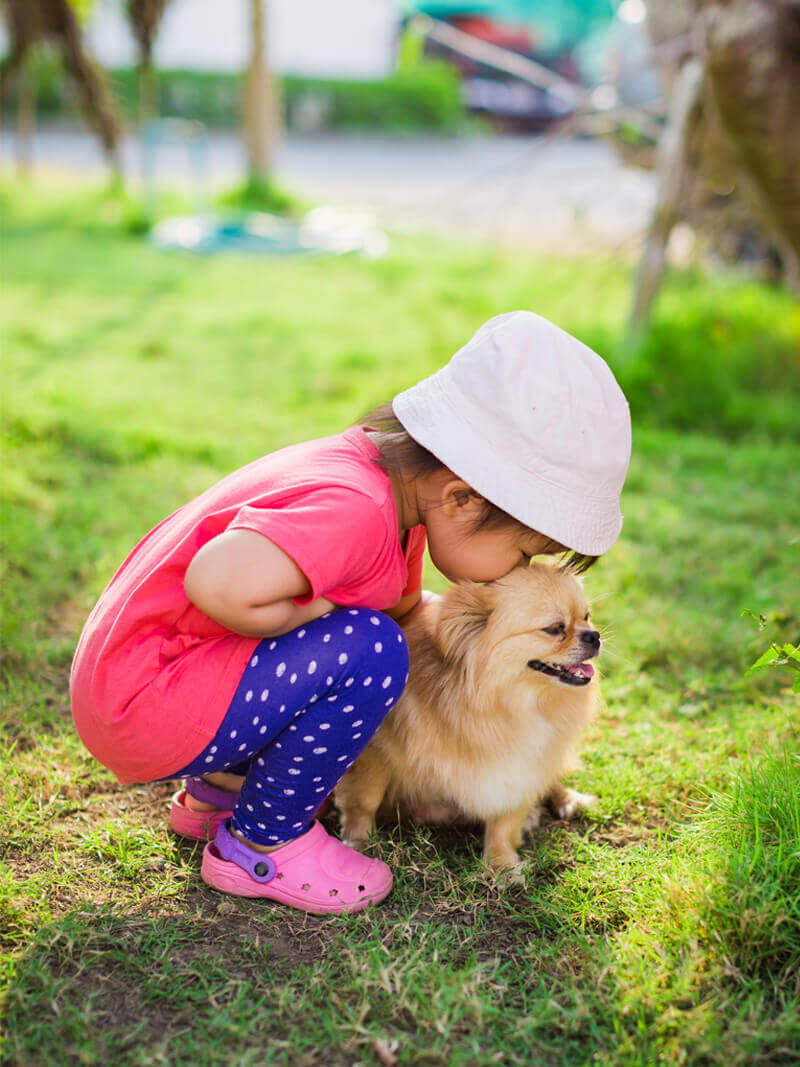
LISTENING
Listening isn’t just about staying quiet—it means really absorbing what someone else is saying. Listening also is a critical component of healthy communication. After all, much of the learning in school depends on a child’s ability to listen to what the teacher is saying.
Becoming good listeners can not only help them be more likable, but it also helps them gain more information. Ergo, socially skilled kids can have high chances of being successful in their adulthood.
When reading a book to your children, periodically stop and ask them to tell you about what you’re reading. Pause and say, “Tell me what you remember about the story so far.”
Help them fill in any gaps they’re missing and encourage them to keep listening as you continue. Don’t allow them to interrupt others when they’re talking.
TAKING TURNS
In a school setting, there is a lot of hand raising, when a child wants to say something but has to wait for another to finish,they raise their hand. At home, we can teach the kids cues, like hold on to mom’s/dad’s elbow or knee when you want something but mom/dad is busy or talking, teach them not to interrupt. Don’t make them wait too long and then, turn to your child and say, “Thank you so much for waiting, what is it that you wanted?” Please give your full attention to your child if you can and model ‘listening’ and being attentive.
SHARING
Teach them the phrase: “Can I have a turn when you’re done?” This allows the child that is currently playing to finish and gives him an opportunity to be generous when he’s done and give up the toy. The other child has a chance to learn patience and an opportunity to learn how to deal with the negative feeling of discomfort to have to wait. If your child doesn’t have a sibling, this practice can also be done by a parent by letting your child wait a bit when he/she asks for something.
Also, don’t forget to praise your child for sharing and indicate how it makes others feel. Say something like, “You chose to share your snack with your sister. I bet she feels happy about that. That’s a nice thing to do.”
Provide children with free, unforced opportunities to experience the emotional rewards of giving.
Be careful not to force the issue. When kids are forced to give, they probably won’t experience that pleasant, emotional rush. And an experience of “forced giving” doesn’t teach preschoolers to be more generous. On the contrary, it makes them less likely to engage in future acts of spontaneous generosity (Chernyak and Kushnir 2013).
Your best bet? Follow an approach tested by researchers: Provide your child with free, unforced opportunities to be generous. Is somebody sad? Does somebody need support? Talk with your child about what would make this person feel better, and allow your child to make a choice (Chernyak and Kushnir 2013).-parenting science .com

Learning good social skills and practicing them in public has several benefits. It can also help your kid be more focused because it has the potential to shield them from negative emotions.
The good news is that social skills can be taught. It’s never too soon to start showing kids how to get along with others. And it’s never too late to sharpen their skills either. Start with the most basic social skills first and keep sharpening your child’s skills over time.
“COLM community believes learning is best when integrated in fun and play. Educational play promotes eagerness in learning specially in early childhood years.”
READ MORE:
Raising Resilient Children in Trying Times
Social Skills for Preschool Kids
TAGS:
Preschool Bulacan
Preschoolers at home
Preschool activities at home
Educational Play
Early childhood education
Progressive school
Online classes
Online preschool
online enrollment
Related Articles
Related
AY: 2021-2022 | School Calendar
Important dates to remember for the exciting Academic Year 2021-2022!
New School Facilities to Support Student Learning and Performance
In the spirit of providing a high-quality education with state-of-the-art facilities, We would like to give you a peek to the up coming Science and Technology Building and the New Mock Hotel to be built in Longos, Pulilan, Bulacan COLM main campus. Coming this School...
Be a TESDA Scholar!
“Your time is limited, don’t waste it living someone else’s life. Don’t be trapped by dogma, which is living the result of other people’s thinking. Don’t let the noise of other’s opinions drowned your own inner voice. And most important, have the courage to follow...

